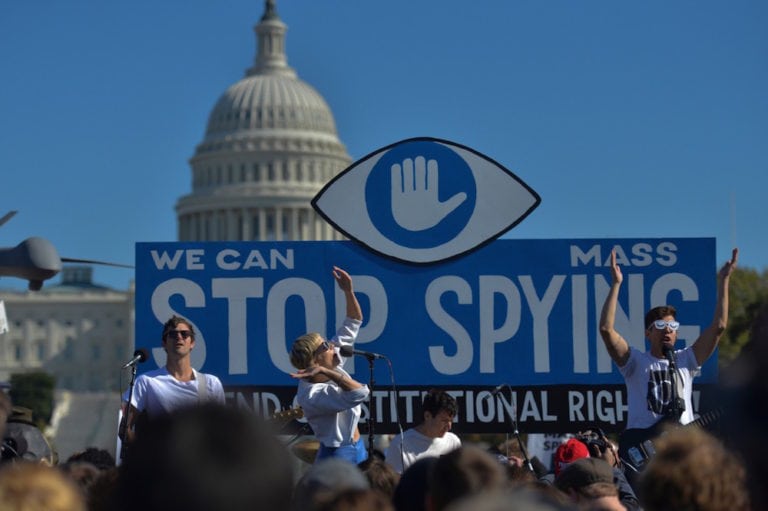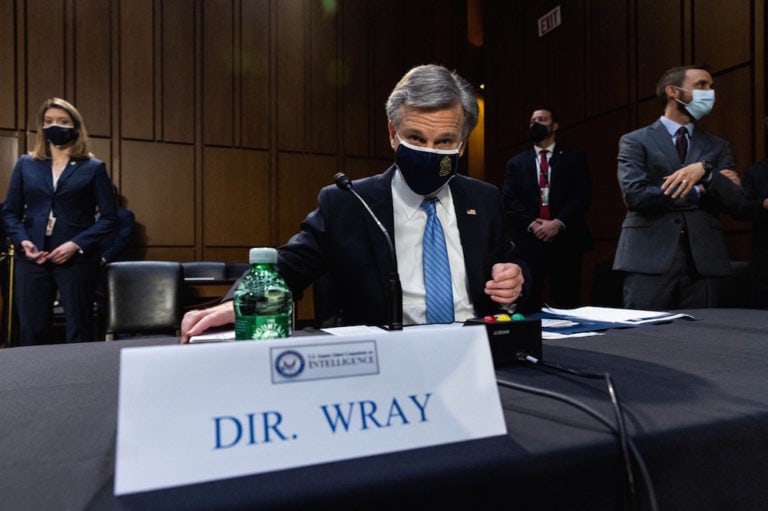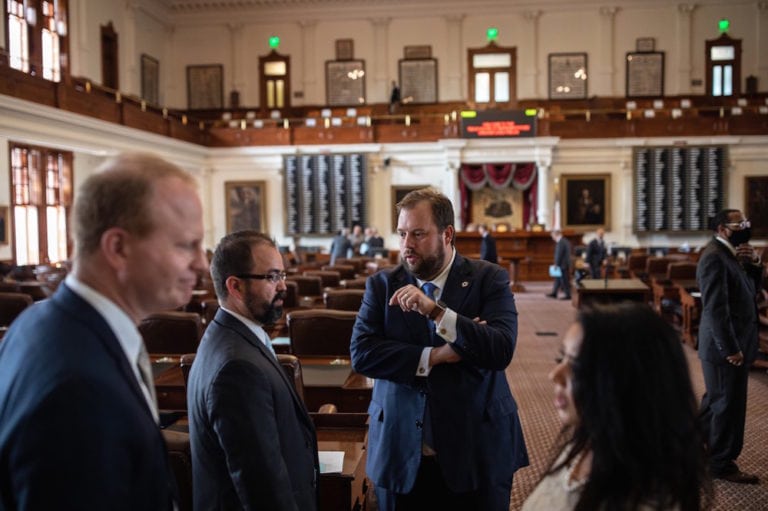

Rights groups call on US Attorney General to drop case against Julian Assange
The joint letter urges the U.S. to drop its appeal in the extradition case of the Wikileaks publisher. A recent investigative report alleged that the CIA had plotted to kidnap and possibly kill Assange.

EFF to court: Stop SFPD from spying on protesters for Black Lives
EFF and the ACLU of Northern California recently filed a brief asking the San Francisco Superior Court to rule that the San Francisco Police Department (SFPD) violated the law when it obtained and used a remote, live link to a business district’s surveillance camera network to monitor protests in the wake of George Floyd’s murder in May and June 2020.

How California’s broadband infrastructure law promotes local choice
New California program allows local cities and counties to access infrastructure dollars to solve problems in their own communities along with empowering local private entities, rather than depend on large, private multi-nationals who aren’t willing to make the needed generational investment into infrastructure in most areas of the state.

The other 20-year anniversary: Freedom and surveillance post-9/11
The twentieth anniversary of the attacks of September 11, 2001 are a good time to reflect on the world we’ve built since then. By now it is clear that far too many things that were put into place in the immediate aftermath of the attacks, especially in the areas of surveillance and government secrecy, are deeply problematic for our democracy, privacy and fairness. It’s time to set things right.

A Texas book ban is an attack on the freedom to learn
Months after the Leander Independent School District in Texas made headlines for banning a slate of books and graphic novels from its secondary school curriculum, the Austin-area district released its decisions on an additional set of titles. Thirteen books are to be removed from schools, with an additional six titles suspended until further notice.

Chicago Inspector General: Police use ShotSpotter to justify illegal stop-and-frisks
The Chicago Office of the Inspector General has released a highly critical report on the Police’s use of ShotSpotter, a surveillance technology that relies on a combination of artificial intelligence and human “acoustic experts” to purportedly identify and locate gunshots based on a network of high-powered microphones located on some of the city’s streets.

Should Congress close the FBI’s backdoor for spying on American communications? Yes.
All of us deserve basic protection against government searches and seizures that the Constitution provides, including requiring law enforcement to get a warrant before it can access our communications. But currently, the FBI has a backdoor into our communications, a loophole, that Congress can and should close.

Data brokers are the problem
Why should you care about data brokers? Reporting this week about a Substack publication outing a priest with location data from Grindr shows once again how easy it is for anyone to take advantage of data brokers’ stores to cause real harm.

EFF sues U.S. Postal Service for records about covert social media spying program
The service looked through people’s posts prior to street protests.

Right or left, you should be worried about Big Tech censorship
Claiming that “right-wing voices are being censored,” Republican-led legislatures in Florida and Texas have introduced legislation to “end Big Tech censorship” – these laws are deeply misguided and nakedly unconstitutional.

UK High Court grants limited permission for US to appeal Assange extradition ruling
The US appeal is against the January 2021 decision by UK District Judge Vanessa Baraitser, ruling against Assange’s extradition to the US on mental health grounds.

CPJ calls on U.S. to publish list of all websites recently seized in sanctions crackdown
The United States Justice Department should clarify its rationale for seizing dozens of media websites last week, and should publish a list of all websites targeted for allegedly violating sanctions.

A year of action in support of the Black-led movement against police violence and racism
“Black lives matter on the streets. Black lives matter on the internet.” The anniversary of George Floyd’s murder has inspired EFF to reflect on these commitments and the work of so many courageous people who stood up to demand justice.

EFF files amicus brief defending the right to repair in Massachusetts
The state’s right-to-repair law, which gives users and independent repair shops access to critical information about the cars they drive and service, passed by ballot initiative with an overwhelming 74.9% majority.

Rights groups condemn lawsuits brought by ENRC against public watchdogs
“ENRC’s campaign of legal action across two jurisdictions targeting more than a dozen people and other entities seems a deliberate attempt to shift the focus away from ENRC’s alleged corruption to those conducting legitimate investigations, whether journalists or public authorities.”

Newly released records show how Trump tried to retaliate against social media for fact-checking
A year ago, President Trump issued an Executive Order that deputized federal agencies to retaliate against online social media services on his behalf, a disturbing and unconstitutional attack on internet free expression.